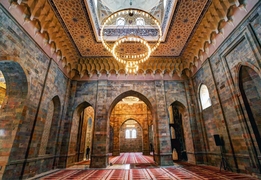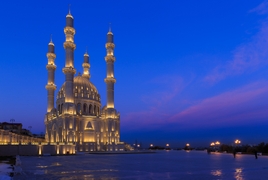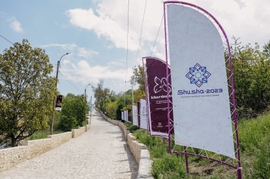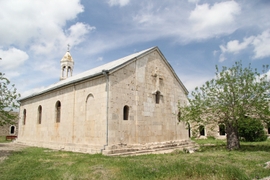It has been more than a hundred years since women, tired of unacceptable working conditions and low salaries, united in demonstration for their rights – and at the end of a day, got a victory. In honor of March 8, International Women's Day, Caspian News is taking a look at some of the biggest moments in history for women within the region.
RUSSIA
Russia, the world's largest country where more than half of the population is women, was the first European country to grant women voting rights in 1906, on the territory of the Grand Duchy of Finland, then a part of the Russian Empire.
Russia has never suffered from a lack of powerful and influential women in its history, however. The 18th century can be called the century of a female chain of authority in the Russian Empire, which saw the reigns of Catherine I, Catherine the Great, Anna Ioannovna and Elizabeth Petrovna.
But the October revolution in the 20th century changed everything. Since that time, Russian women were on a new path. Women were, for the first time, granted the right to freely choose a profession and receive an education.
Valentina Tereshkova was the world's first female in space, who carried out a solo flight into space for three days. The first female cosmonaut won the Greatest Woman Achiever of the Century award.
Although Russia is known as a patriarchal country, Russian women have managed to reach high levels in politics. Around 13 percent in the Russian State Duma today is comprised of female deputies, or 61 seats out of 450.
Meanwhile, Russia ranked fourth in the world in 2017, in terms of the number of women entrepreneurs, according to the Mastercard Index of Women Entrepreneurs.
AZERBAIJAN
Azerbaijani women were the first in the Islamic world to hold vote rights, achieved in 1918, a time when they also outpaced most of their European counterparts and American women as well in this regard.
Since that time, things have gotten only better for women living in what is the wealthiest country in the South Caucasus. Today Azerbaijan has an economically active population of nearly five million – almost half being women, who are involved in medicine, science, educational and many other sectors.
Such spheres as politics and business are of big popularity among Azerbaijani women, who also comprise a significant number of parliamentarians.
Meanwhile, private entrepreneurship has attracted many Azerbaijani women. According to data from the Azerbaijan’s State Committee on the Problems of Family, Women and Children, as of today more than 140,000 women are engaged in entrepreneurship.
Tatyana Mikailova, the founder and CEO of RED Communications, the Baku-based public relations strategy firm, believes that while doing business everything depends on human qualities, and not on gender.
“Unfortunately, there is still a stereotype that it is easier to work with men,” she told 1News. “But I am sure that if a person has a clear goal, he or she will certainly achieve this goal regardless of gender identity.”
KAZAKHSTAN
Kazakhstani women won the right to vote in 1924 – six years after their Azerbaijani counterparts, and four years after women in the U.S. However modern-day Kazakhstani women do not fall behind their neighbors, being engaged in a range of spheres ranging from politics and business to sport and mass media.
Business has attracted many women in Kazakhstan. Since 2002, the government has been implementing measures to support women’s entrepreneurship. As of today, tens of thousands of women have been trained, received preferential loans, and opened their own business thanks to the government-led support. In 2017, women in Kazakhstan made up more than 60 percent of those engaged in small business.
Meruert Kazbekova, a deputy of the country’s parliament and chair of the Union of Women-Entrepreneurs of Kazakhstan, believes that success in any business depends on the individual person.
“Women are better at coping with services, while men are good in construction, plant growing, mining,” she told Zakon.
“But there are wonderful male restaurateurs, as well as there are good women who lead construction companies. Gender does not matter in this issue – it all depends on the business qualities of a person and circumstances.”
Kazakhstani women have recently had an opportunity to prove themselves in global peacekeeping operations. Along with Russia, Kazakhstan will send its women to join United Nation-led peacekeeping missions, in order to meet UN standards, which require that 80 percent of the UN’s police contingent should consist of men, while 20 percent are reserved for women.


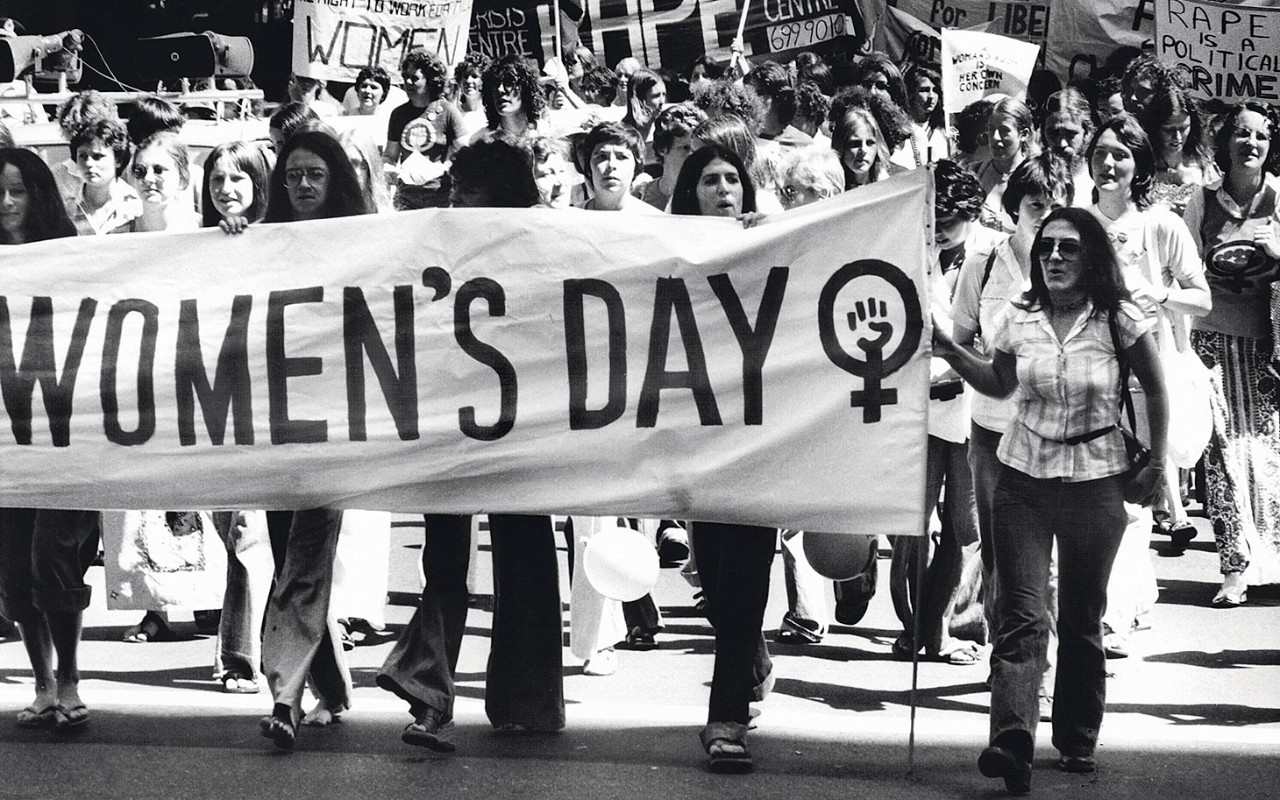




 Iran's senior military leaders described the drone and missile attack on Israel on April 14 night as “successful".
Iran's senior military leaders described the drone and missile attack on Israel on April 14 night as “successful".
 The number of evacuees from flooded areas in Kazakhstan has reached 97,852 people, including about 32,856 children since March 27.
The number of evacuees from flooded areas in Kazakhstan has reached 97,852 people, including about 32,856 children since March 27.
 Iranian President Ebrahim Raisi warned Israel that it would face a "real and extensive" response if it makes any "mistake" following Tehran’s missi...
Iranian President Ebrahim Raisi warned Israel that it would face a "real and extensive" response if it makes any "mistake" following Tehran’s missi...
